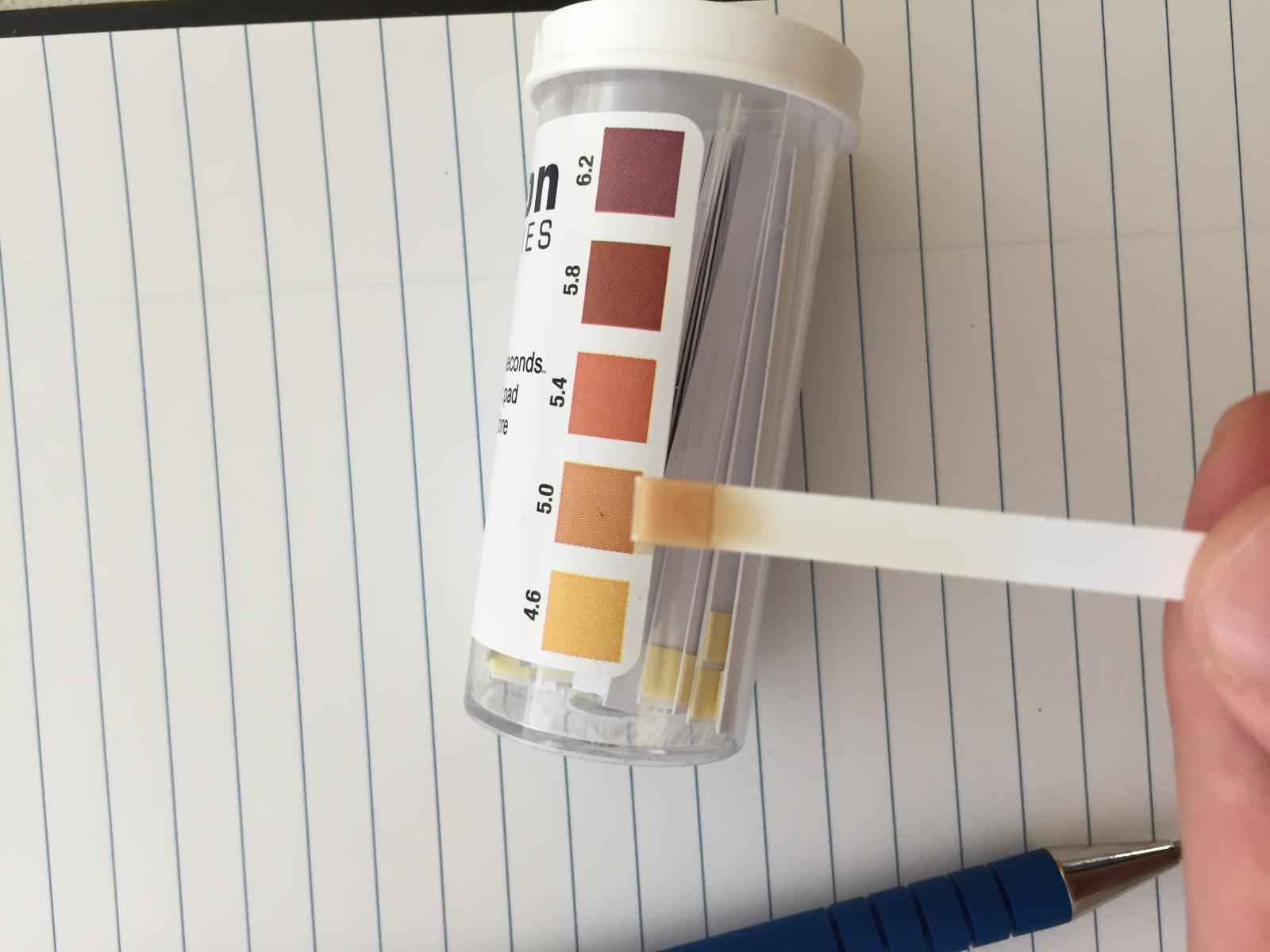Those cheap-o pH strips might help you confirm whether or not your pH is in the correct universe, but beyond that they're pretty useless.
Personally, I think the best practice is to start from a known water profile (such as RO water), and make deliberate adjustments to achieve a certain target, based on the calculations of a reliable tool like Bru'n Water.
I am kind of against the approach of starting with unknown water, measuring pH, then scrambling to throw a bunch of crap into the mash tun to fix it. Typically, I just take whatever I get and let it ride--but that has never once been a problem since I started using Bru'n Water because it's never been off by more than .1 pH.
Edit to add: I agree with the above poster that the water subject in brewing can be a "rabbit hole" but IMO it doesn't need to be. If you find it interesting and want to read about chemistry and reactions and all that, read up all you want. But if you just focus on the "what to do" rather than the "why you do it" then you can get a decent working knowledge that is good enough for a homebrewer who just wants to kick their beer quality up a notch.










































![Craft A Brew - Safale BE-256 Yeast - Fermentis - Belgian Ale Dry Yeast - For Belgian & Strong Ales - Ingredients for Home Brewing - Beer Making Supplies - [3 Pack]](https://m.media-amazon.com/images/I/51bcKEwQmWL._SL500_.jpg)


















